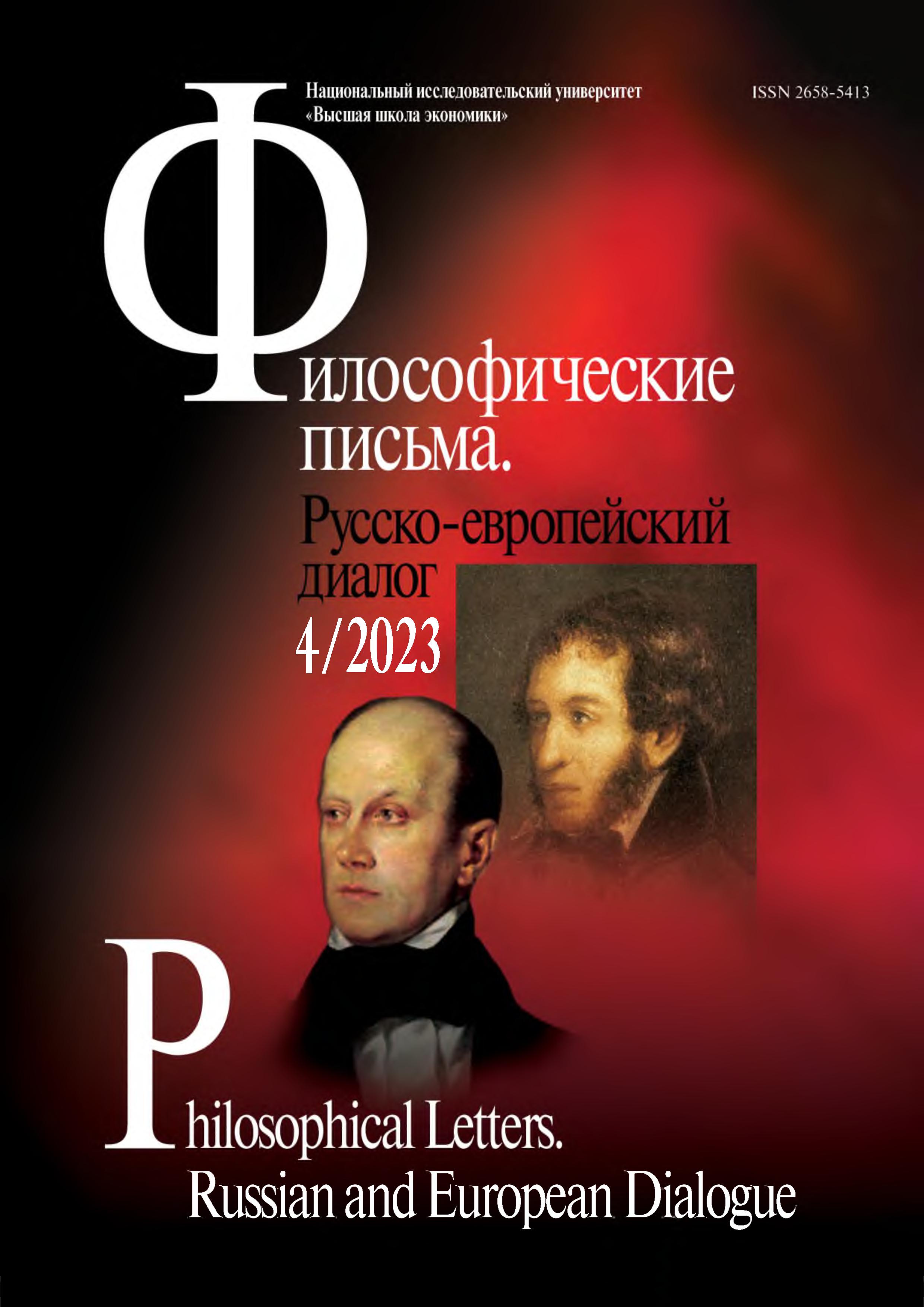‘The Eternal Present': an Attempt to Connect Christianity and Philosophy of Consciousness
Abstract
Gregory Kiselev's work considers the issue of the relationship between Christian teaching and modern philosophy of consciousness. Why can we talk about this? Because they both recognize the existence of extra-natural invisible forces that provide an individual with particular meaning that ensures his transformation into a moral being. Christianity is a trinitarian religion, in which the dogma of the Divine Trinity points to the possibility of a direct connection between man and God as the moral legislator. It also points to the possibility of self-construction of man. Historical Christian religions pushed trinitarianism to their periphery and therefore they could not become a significant factor in the Christianization of the world. The philosophy of consciousness considers a person as a continuously self-creating being who achieves this by relating to ideal abstract mental structures that do not exist in nature. The latter have no basis in our world and represent a priori knowledge on which Kant built his philosophy. This knowledge is beyond time and space, it accompanies humanity throughout its life. Defined by philosophers as Consciousness-Being, it represents the “eternal present”, as M. Mamardashvili mentioned. The author argues that an integral trans-confessional worldview, that consistently combines faith and reason, could appear. However, since a person is a free, unconditioned being, such a worldview may not ripen.

